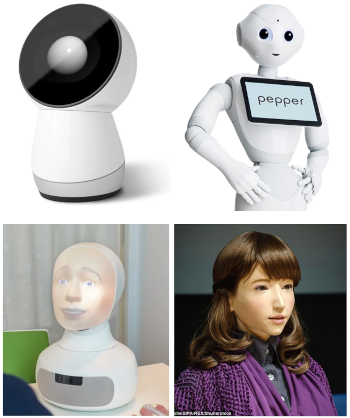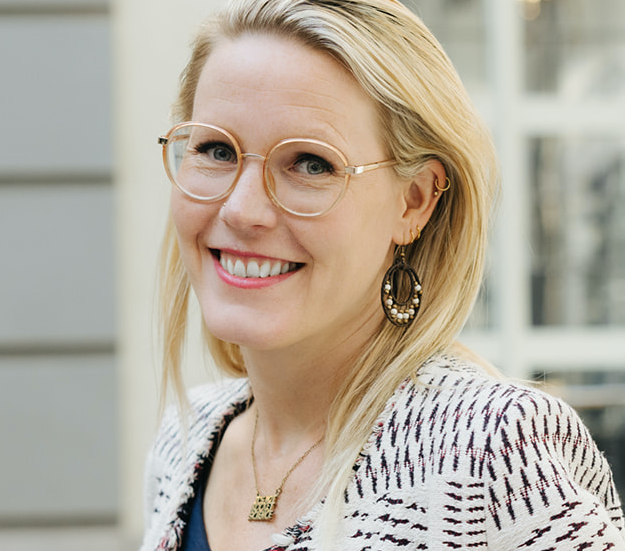Anthropomorphism in Robots and Chatbots
Should robots be designed to look and sound like humans? Should chatbots use anthropomorphic language, such as "I think"? In this project, we explore these questions using methods from behavioral economics.

Conversational AI (including social robots, voice assistants and chatbots) is expected to be integrated in most of our future activities and will therefore have a deep impact on society. Based on our common conception of AI and robots in science fiction, we typically imagine such AI to have human-like traits. Using humans as a metaphor when designing such systems has several advantages, one of them being that we already know how to interact with humans and how to interpret social signals. However, it might also have disadvantages and far-reaching implications that we are not fully aware of.
The aim of this interdisciplinary project is to investigate how human-like traits in AI affect how humans interact with the technology, with respect to psychological and social factors critical for meaningful long-term social interactions and decision making, including trust, reciprocity, altruism, and honesty. The project focuses on two key human-like traits: agency (perceived human-like intentionality) and anthropomorphism (human-like physical appearance).
A challenge in studying social factors, such as trust, is that they are very hard to measure in a reliable way, due to their subjective nature. Behavioral economics provides methods to quantify and assess social and psychological constructs within the economical domain. To this end, we will develop a novel set of experimental paradigms, influenced by economic games used in behavioral economics, where these factors can be observed through the economic decisions made by subjects in controlled experiments. The multidisciplinary research team is a new collaboration between researchers from computer science, behavioral economics and psychology.
Researchers
Funding
- Relying on a Robot: How agency and anthropomorphism in human-centered AI affect social decision making (Marianne and Marcus Wallenberg Foundation, 2022-2027)


